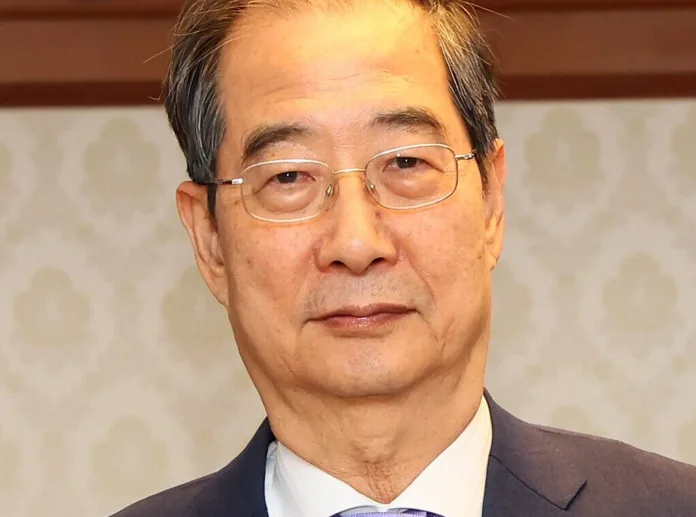South Korea is facing a significant political crisis, with the recent impeachment of interim President Han Duck-soo intensifying the nation’s turmoil. This latest development deepens the existing challenges, building on the earlier removal of President Yoon. As South Korea navigates this period of political instability, the country must address deep-rooted factionalism while managing domestic governance and strengthening its position in regional security.
South Korea’s political crisis has intensified as factions within the government continue to struggle for control, leading to increased uncertainty about the nation’s future. Amidst growing public disillusionment, there are rising calls for reforms that prioritize stability and accountability. Meanwhile, neighbouring countries are closely monitoring the situation, aware that South Korea’s internal turmoil could have broader geopolitical implications.
The challenges South Korea faces are not just domestic; they are deeply intertwined with regional power dynamics and the need for a cohesive approach to national and international policy. As political uncertainty looms, the nation must address both immediate governance issues and long-term strategic concerns.
Embed from Getty ImagesPerspectives
Domestic Political Analysts’ Insight: Analysts in South Korea have highlighted the internal party disagreements and power struggles that have exacerbated the situation, pointing to the intricate dynamics of South Korean political alliances. The impeachment signals a moment of re-evaluation for political actors who must navigate the demands of governance against public discontent.
Sources:
NBC News
The Korea Herald
International Relations Perspective: Global observers are particularly concerned with how South Korea’s political instability could affect its alliances, especially with the U.S. and neighbouring East Asian powers. This perspective considers the wider implications for regional security and the strategic posture South Korea must adopt in response to such internal changes.
Sources:
The Diplomat
CFR
Public Opinion Analysis: The South Korean public’s response, as reported by various media, reveals a nation caught between frustration and hope for constructive changes. Citizen groups and civil societies have acted as watchdogs during the political crisis, calling for transparency and accountability in future leadership appointments.
Sources:
AsiaOne
BBC News
